
How to Sleep
Should you drink more coffee? Should you take melatonin? Can you train yourself to need less sleep? A physician’s guide to sleep in a stressful age.
Read or listen offline
Amazon KindleRecommendation
Not getting enough sleep can have serious consequences, but people’s lifestyles often show a worrying disregard for the human body’s natural wake/sleep patterns. In this informative and entertaining article, health media guru and senior editor at The Atlantic James Hamblin, MD, looks at people’s paradoxical relationship to sleep and explains the physical and mental effects of their attempts to meddle with their body’s natural rhythms. getAbstract recommends this article to anyone looking to understand what happens to the brain and body when sleep proves elusive.
Summary
About the Author
James Hamblin, MD, is a writer and senior editor at The Atlantic and hosts a video series entitled If Our Bodies Could Talk. He is considered one of the most influential people in health media.





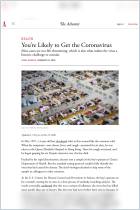
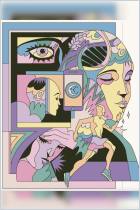
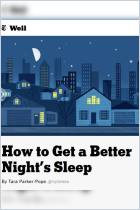
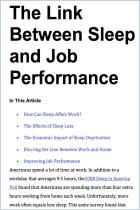
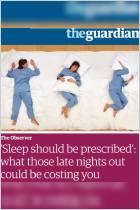
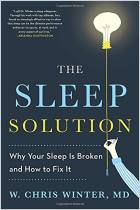


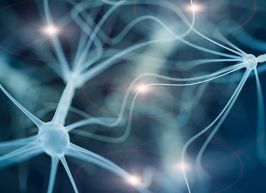

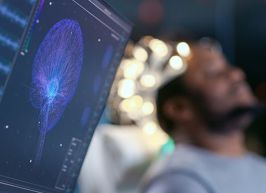

Comment on this summary